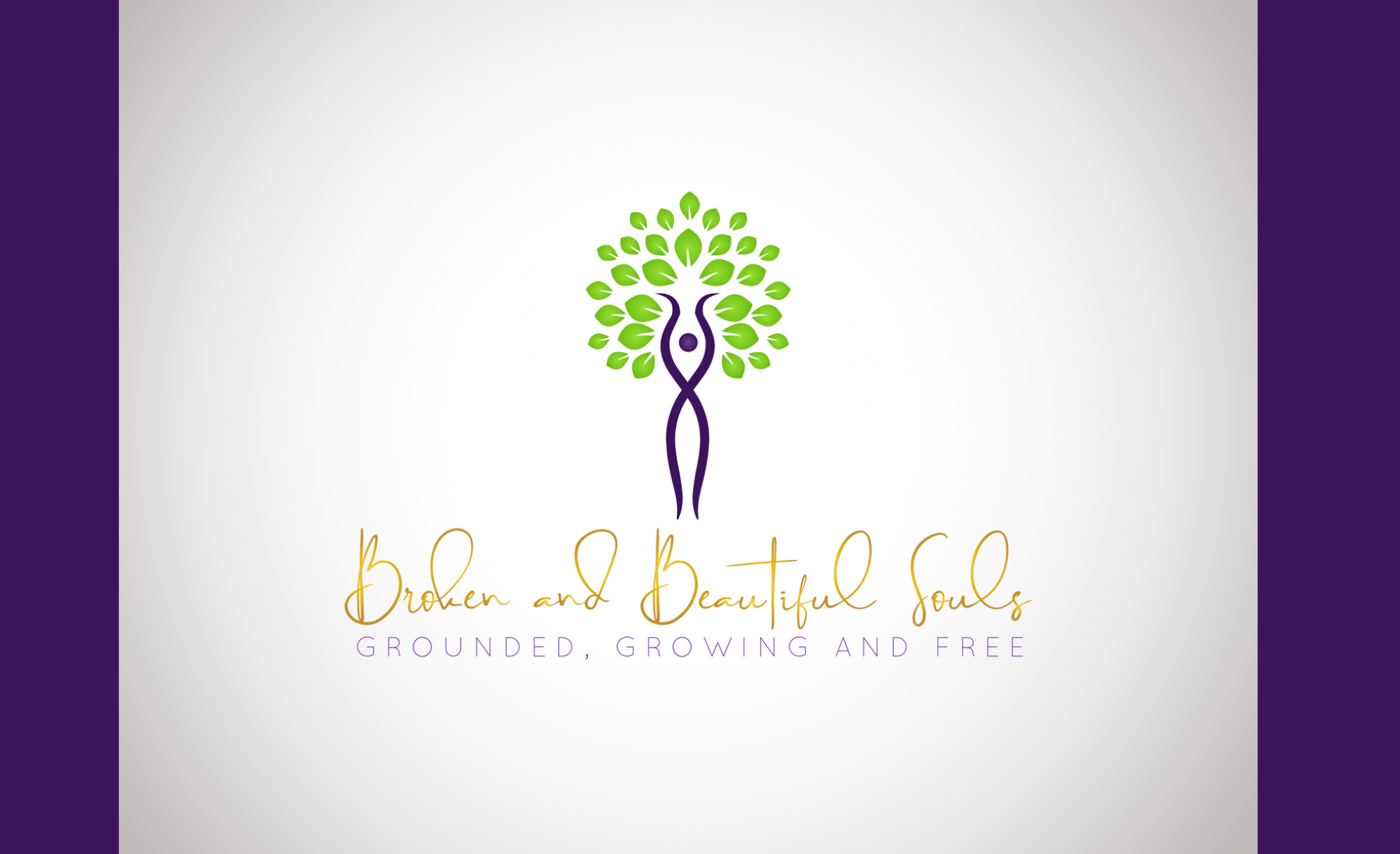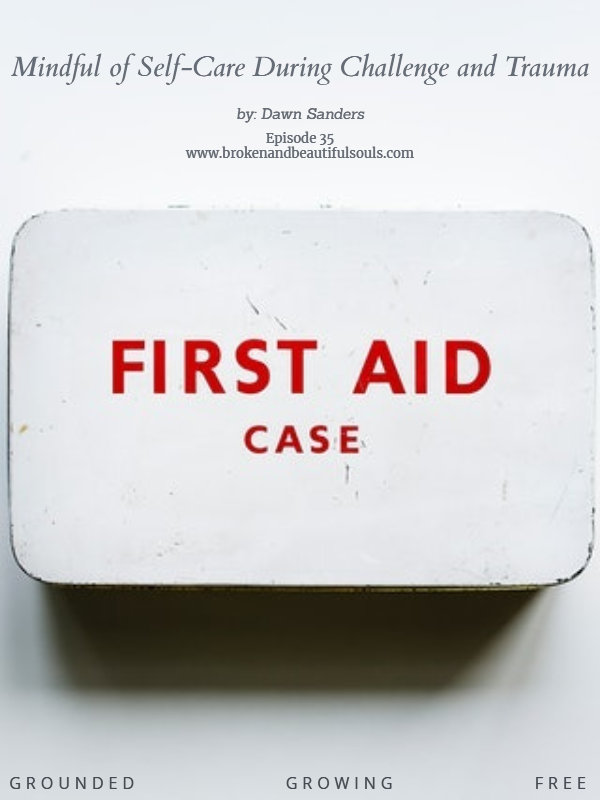Do you have a mindful plan for self-care to stay healthy and strong during times of challenge, transition and/or trauma? Have you ever woken up exhausted, wondering how you will even make it through the day and questioning if you could be diagnosed with burnout? Perhaps you are the type that just keeps pushing yourself and thinks, “but it is for a good cause,” unaware of how much the sacrifice is impacting your mind, body and soul. If you work or live in high stress situations or have experienced overwhelming challenge, transition or trauma, this series is for you. Learn to become aware of how your body responds to stress; and discover best practices for taking care of yourself in order to stay healthy and strong.
~~~~~~~~~~~~~~~
“Hold yourself back, or heal yourself back together. You decide.” ~Brittany Burgunder
Show notes:
In light of the new self-care season Dawn has entered into, she will produce new podcasts every two weeks during the summer months. Doing this will give her the opportunity to model healthy self-care, while putting her focus on a few personal and work items.
Self-Care Defined: It requires awareness of your own needs and the creativity to meet these needs during times of stress, trauma and/or transition.
JOMO Defined: The feeling of contentment with one’s own pursuits and activities without worrying over or having fear of missing out on other’s activities (Joy of missing out).
Life is a journey. There may be the temptation to determine the black and white (rule/guidelines) of this journey.
You are called to grow, change, repent. This includes self-care. Be mindful of who you are and the circumstances in which we find yourself. THEN, consider what you might really be in need of to maintain good personal and relational health.
You are responsible for creating a life that harmonizes with the unique individual you are now AND to the unique situation in which you find yourself right here, right now.
You may be up against:
1) Challenges that everyone faces at some point in time
- Any situation you are confronted with can be evaluated as either neutral, beneficial or threatening.
- If you see or respond to an event as a threat, be aware, and begin naming and noticing.
- When a person/place/thing is considered a threat, most will react in unhealthy or distracting ways (getting busy, filling life with constant “noise”, addictions of all kinds–including alcohol, drugs, work, bible reading, Pollyannaism {aka rainbows and unicorns}, screen time, investing in unhealthy relationships, and the list goes on).
2) Deciding who you want to be in any given moment – unto life or unto death, who you are called to be (the truth of who you are and not the lies of old), as well as, how you will commit to being that person, regardless of the circumstance you find yourself.
By being aware of, naming and noticing the event, you rise to the challenge instead of the challenge rising to you.
In more threatening situations, knowing how you tend to respond to threatening events or situations (big and small) and what typical vices you tend to employ, will be helpful with:
- Responding differently and/or
- Becoming mindful of your self-care
Challenges
- Hassles of daily life
- Important life events and transitions
- Situational factors (family, illnesses, job threats)
- Interpersonal conflict
- Traumatic events and memories
- Sickness and chronic pain
- Several stressors present at one time
- Others
These challenges also need to be noticed and named either a challenge or a trauma.
Research is full of data that shows your brain and body WILL respond to threats. This is a good thing. This is also a time for leaning into the Heavenly Father who cares for you.
It can become problematic if you fail to notice and name and work with your body to take the necessary time and space to process, heal and/or maintain health.
Not all the challenge areas will be weaknesses for you. They may be areas of great strength. This is fantastic and oh, so, helpful! However, what could be an area of strength for you could be an area of weakness for another (friend or family member). Take what works or what might work and put it in your back pocket. What may not work for you today could possibly be a new favorite of yours in 10 years.
I Pet 5:7-8; Prov 11:17; Rom 12:1-3; 2 Cor 4:8-11; Prov 20:5; Deut 30:10

